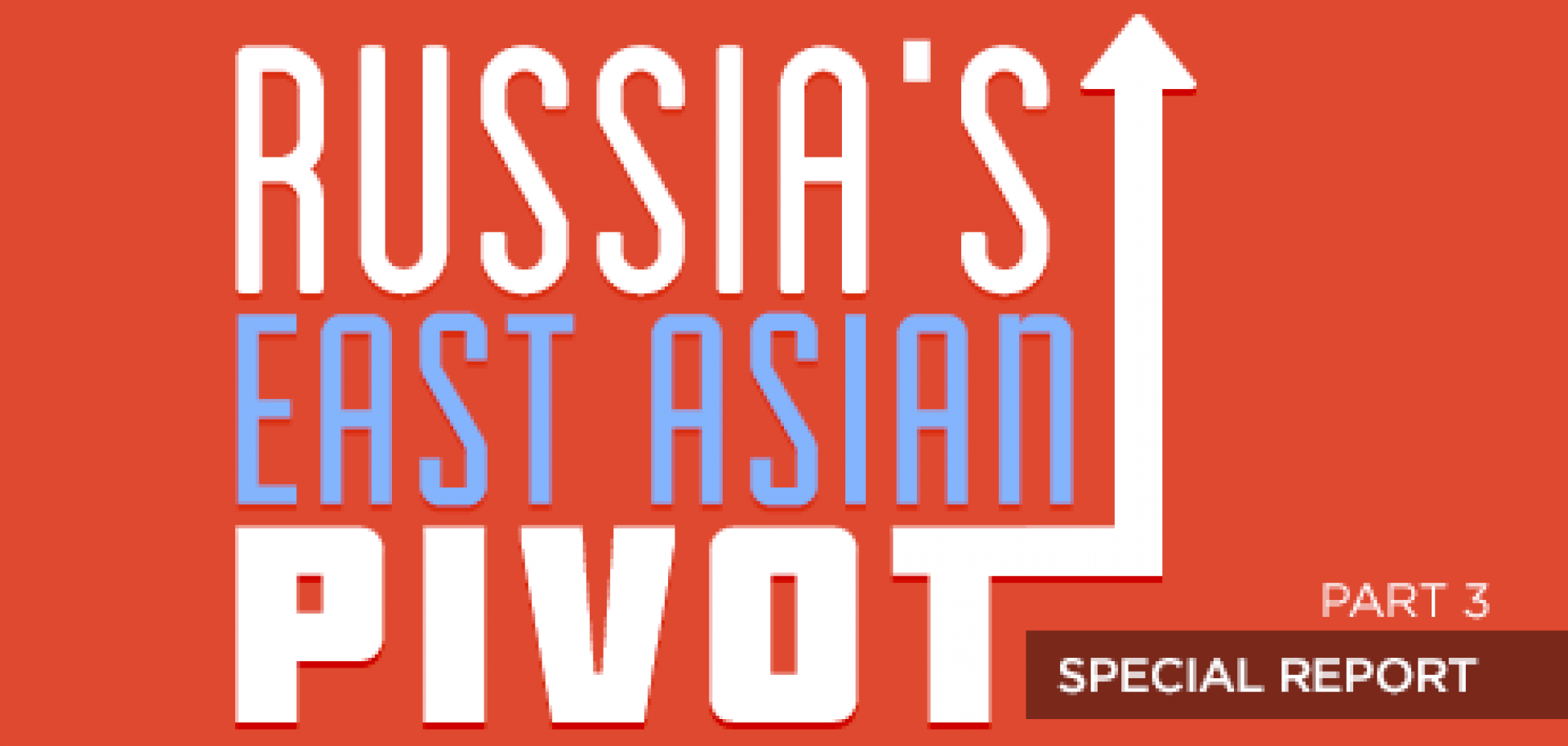ASSESSMENTS
Moscow's Ties with India
Dec 13, 2013 | 11:15 GMT

Summary
Editor's Note: This is the third in a three-part series on Russia's intensifying focus on East Asia. Part 3 examines Russia's relationship with India, including the countries' shared interest in constraining China. Part 1 examined Russia's strengthening ties with Vietnam. Part 2 examined Russia's interests in Northeast Asia and its efforts to strengthen ties with South Korea.
The resource-rich Russian Far East presents Moscow with numerous opportunities and challenges. Though the territory is far from Russia's Muscovite core, it allows that core to extend its reach to the Pacific, primarily through energy deals with East Asian countries. These deals have become more important to the Russian economy as market changes have made exporting energy to Europe more complicated.
Although Japan and China are lucrative markets for Russian energy exports, they are also major powers with the potential to threaten Russia's interests in the Pacific and on the Eurasian landmass. Russia has begun looking for other alliances in the Pacific region, making deals with Vietnam and South Korea. In part, these deals are aimed at finding new export markets for Russian energy supplies, but they are also meant to counterbalance the increase in Russia's dealings with China by providing alternative markets and relationships. Russia has long been wary of China's and Japan's intentions in its periphery — whether in Siberia, the Pacific Islands or Central Asia — so Moscow has stalled on developing major ties with the two Asian powers.
Russia has also been making lucrative deals with India that, as a side effect, could constrain China's influence in the Pacific and in Central Asia. India is by no means a Russian ally in South Asia, but partnerships in energy and military matters are mutually beneficial for the two nations.
Subscribe Now
SubscribeAlready have an account?
